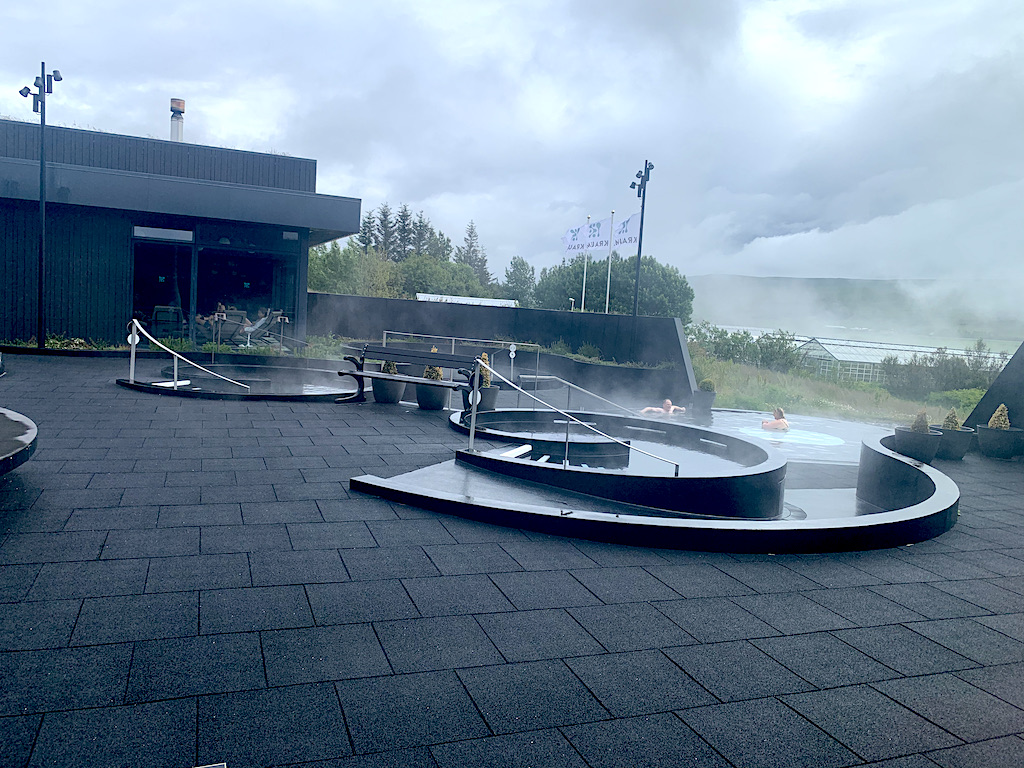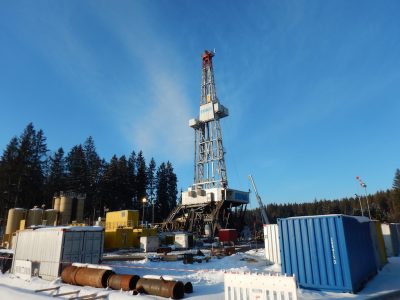Icelandic geothermal spa producing own electricity
Geothermal thermal bath & spa Krauma in Iceland has set up a small scale power generation unit for own consumption and sale of access electricity.
Reported in local news yesterday, the Krauma natural geothermal baths & spa in the region of Borgarfjördur near Iceland’s capital Reykjavik have started to produce electricity from hot water in Deildartunguhver.
A small power generation unit has been set up that produces 40 kW of electricity. Krauma will use part of the electricity itself, but sells excess electricity to electricity reseller Orkusalan and passes it through the electricity distribution system of Iceland state electricity company Rarik.
“Krauma is a perfect place to demonstrate the usefulness of the machine, as the geothermal baths on site use liquids from the most powerful hot spring in Europe, Deildartunguhver. With the heat in the geothermal fluid as a weapon, sufficient energy can be produced to supply Kraumur with electricity as well as helping to cool the geothermal fluid before it goes into the baths, which also saves the use of cold water. Therefore, the installation of the small power plant at Kraumur will greatly increase the sustainability of the baths in a green and environmentally friendly way, “says Jónas Friðrik Hjartarson, CEO of Kraumur, in a conversation with VidskiptaMoggann, the business section of local newspaper Morgunbladid.
The small power plant is manufactured by the French company Enogia. “There are hot springs in several places in Borgarfjördur and if this project goes well and becomes favorable, there will be an opportunity to produce electricity here for companies and institutions,” says Jónas.
We previously reported on research projects involving Enogia, utilising these microturbine setups to generate electricity from geothermal wells.
The cost of the project is estimated between ISk 25 and 30 million (around USD 200-250k)
Source: Mbl.is


















